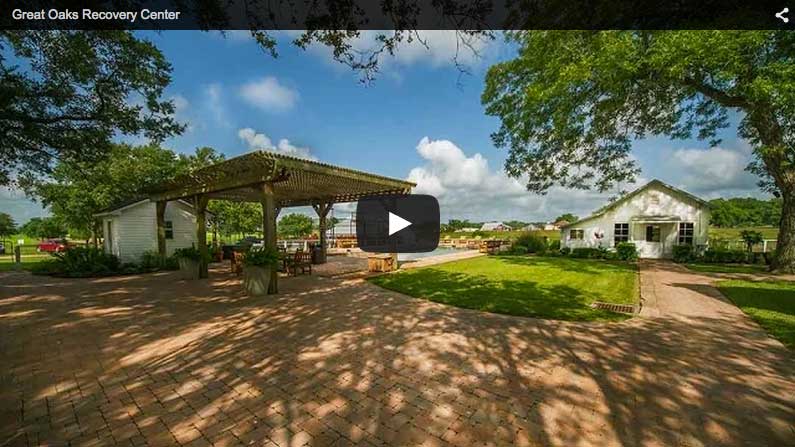 Addiction is not a disease that affects just one person; it affects the entire family.
Addiction is not a disease that affects just one person; it affects the entire family.
The spouse of someone suffering from addiction is probably the most affected by the disease. If your spouse has been fortunate enough to recognize their addiction, seek treatment, and enter recovery, that’s good news. However, your relationship will continue to face challenges related to recovery, and you may not always know how to handle these challenges as they arise. We offer below a few examples of how to support your spouse in their recovery.
1. Take care of yourself.
Your partner may have the substance use disorder, but you are both in recovery from the consequences of addiction. Many spouses feel responsible for or guilty about their partner’s addiction. The truth is that addiction is a disease, and it is not your fault. To learn more about how others deal with addiction in their family, consider attending Al-Anon meetings. Al-Anon is a program for the spouses or loved ones of people with addiction. It is a supportive group of people who completely understand the turmoil you have been facing. Al-Anon literature can help you learn how to promote forgiveness and well-being, regardless of what happens with your spouse. In Al-Anon, people are taught that their well-being is not dependent on any other person. They learn to eliminate any enabling behavior towards their family member. You can show great support to your recovering spouse by learning how to be good to yourself.
2. Be a source of encouragement.
Providing encouragement is also important. If your spouse is doing everything they can to stay sober, actively working the steps, and continuing with treatment, then avoid bringing up past transgressions. There is no point in accusing or shaming someone who is already aware of how destructive their behavior was. That said, you don’t want to sweep your experiences and feelings under the rug. Work with a couple’s therapist to talk through the past with understanding, honesty, and love.
3. Establish boundaries.
If your spouse is in active addiction or has relapsed, they are like a wildfire raging out of control. They may try to manipulate and coerce you into fueling their addiction. You’ll need to establish boundaries to protect yourself and to ultimately encourage your loved one to get treatment. Work with a therapist or accredited treatment facility to learn how to set and stick to boundaries. You do not have to try and figure out any of this on your own.


